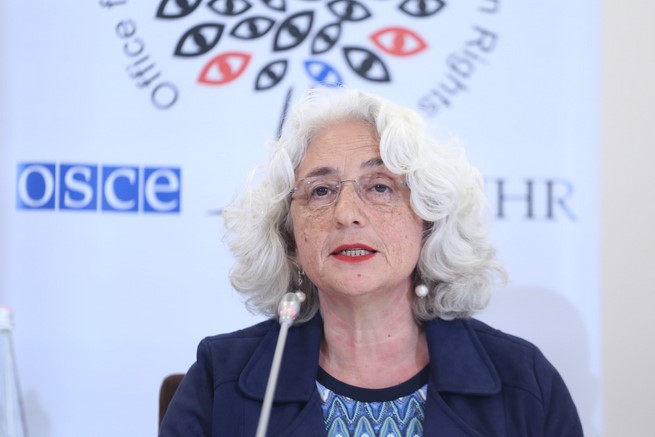ODIHR Preliminary Report: Albania’s May 11 elections competitive but marked by polarization and unequal conditions

In its preliminary report on Albania’s May 11 parliamentary elections, the OSCE/ODIHR election observation mission described the process as competitive and generally well-managed, but held in a deeply polarized environment and characterized by unequal conditions for candidates—despite a campaign conducted largely without restrictions.
Why is this important: This report is a key reference point for the legitimacy and transparency of Albania’s electoral process, especially as the country advances its European Union integration goals. The findings of the OSCE/ODIHR influence both domestic debate and international perceptions of democratic standards in Albania. While the elections were deemed competitive, the concerns raised—particularly regarding abuse of state resources, pressure on voters, and unequal campaign conditions—highlight systemic issues that must be addressed. The involvement of SPAK and the new institutional coordination on electoral crimes is a notable development that could set the tone for future enforcement.
Context: According to the report, the election administration managed the process in an inclusive and transparent way. Voting abroad—applied for the first time in these elections—was also well organized, despite late political agreement and some procedural challenges.
However, several concerns were raised:
Use of public resources: allegations were made regarding the use of state resources by the governing party during the campaign, contributing to an undue advantage.
Voter pressure: Reports of pressure on voters, especially public sector employees, were noted.
Media environment: ODIHR highlighted the high concentration of media ownership and instances of self-censorship, which limited news plurality. The two main political forces dominated media coverage, leaving voters with limited access to diverse information.
Online campaigning: While social media was widely used by candidates, the tone was often confrontational. ODIHR noted the absence of an institution tasked with addressing harmful or manipulative online content.
What else: Observers positively assessed the work of SPAK in investigating electoral crimes. Particular praise was given to the joint task force formed by SPAK, the General Prosecutor’s Office, and the Central Election Commission to coordinate investigations.
“The new coordination mechanism among institutions for investigating and prosecuting election-related crimes is a welcome development,” the report stated. “Continued efforts are needed to address ongoing concerns regarding misuse during elections.”
International observers’ statements: Ambassador Lamberto Zannier, Head of the ODIHR mission, emphasized that the report does not offer a definitive verdict but rather reflects a mixed picture:
“We don’t provide a black-and-white judgment. There are nuances—areas where standards are met and others needing improvement.”
Simone Billi, from the Parliamentary Assembly of the Council of Europe, focused on the introduction of diaspora voting:
“The inclusion of the diaspora vote marks a cornerstone in Albania’s democratic development. Still, there is a need to continue strengthening public trust.”
Michael Gahler, OSCE observer and MEP, underlined the importance of electoral standards for Albania’s EU aspirations:
“These elections are part of a broader set of issues, including corruption. This country will not enter the EU in its current form, but there is room for improvement. I urge all relevant actors to take our recommendations seriously.”
The final ODIHR report will be released in the coming months and is expected to include detailed recommendations on how to improve the electoral process moving forward.


